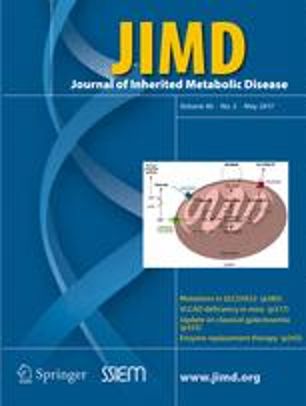Beta-ketothiolase (T2) deficiency is an inherited disease of isoleucine and ketone body metabolism caused by mutations in the ACAT1 gene. Between 2005 and 2016, a total of 41 patients with T2 deficiency were identified at a medical center in northern Vietnam, with an estimated incidence of one in 190,000 newborns. Most patients manifested ketoacidotic episodes of varying severity between 6 and 18 months of age. Remarkably, 28% of patients showed high blood glucose levels (up to 23.3 mmol/L). Ketoacidotic episodes recurred in 43% of patients. The age of onset, frequency of episodes, and identified genotype did not affect patient outcomes that were generally favorable, with the exception of seven cases (five died and two had neurological sequelae). Custom-tailored acute and follow-up management was critical for a positive clinical outcome. Two null mutations, c.622C>T (p.Arg208*) and c.1006-1G>C (p.Val336fs), accounted for 66% and 19% of all identified ACAT1 mutant alleles, respectively. Most patients showed characteristic biochemical abnormalities. A newborn screening program could be expected to have a high yield in Vietnam. Investigation findings of haplotypes linked to the most common ACAT1 mutation (c.622C>T) are consistent with an ancient common founder of mutation-bearing chromosomes belonging to the Kinh ethnic population. The direct management and long-term follow-up of a large number of T2-deficient patients enabled us to study the natural history of this rare disease.

